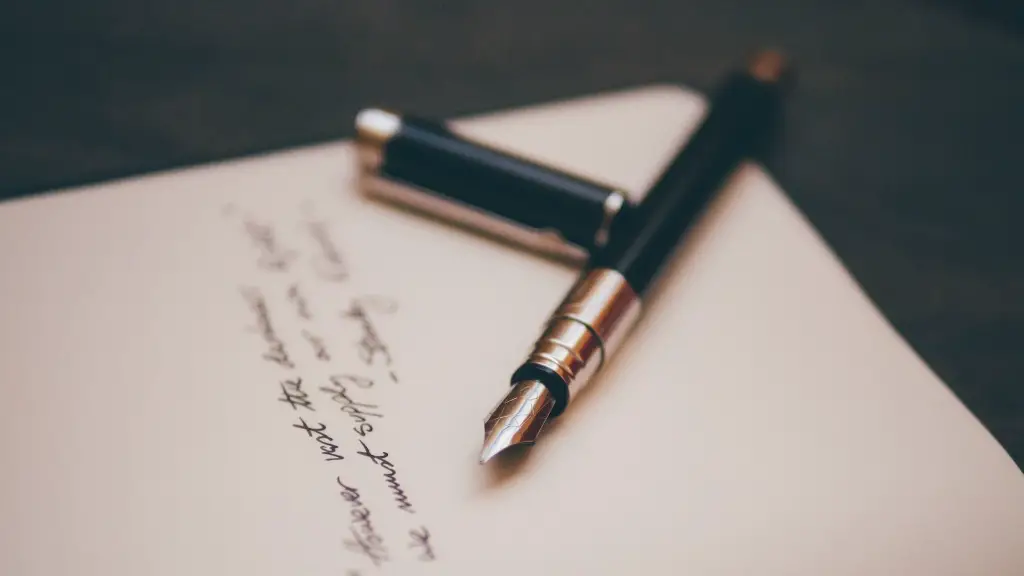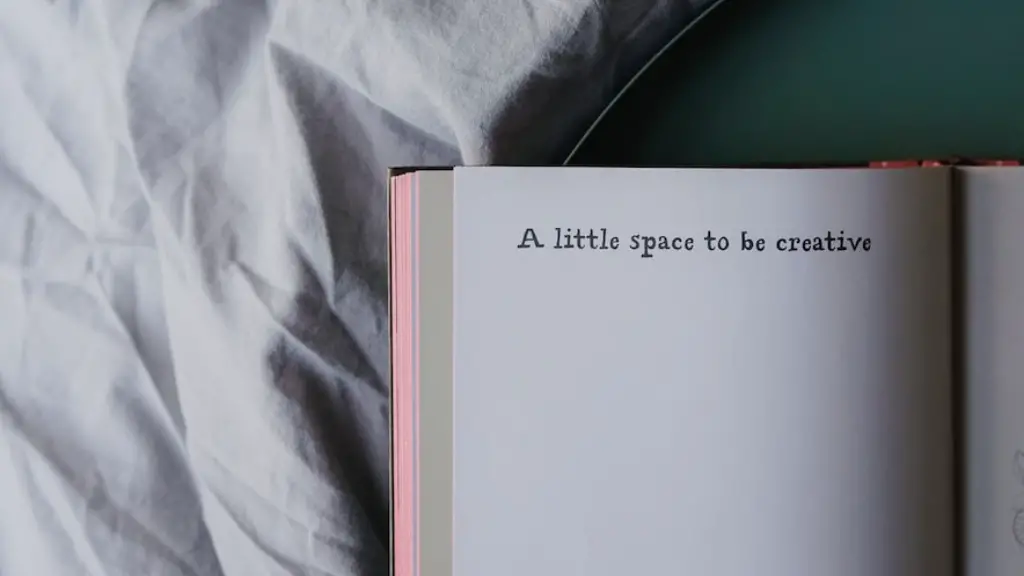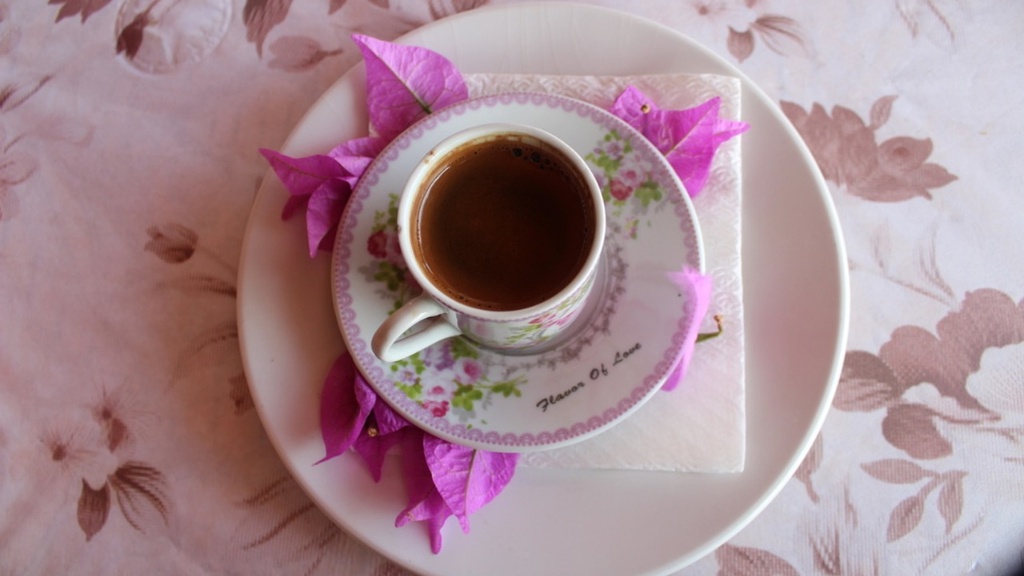What does voice mean in poetry? To understand this concept, we must look to what voice stands for in the context of language and literature. You could think of it as a unique sonic signature that is as unique to the speaker or writer as one’s physical or vocal characteristics. It’s often what differentiates a poem from a style of writing like a news story or a list of instructions. Voice plays an important role in poetry, potentially more so than in other creative forms of communication.
In poetry, voice has both a literal and a figurative meaning. Figuratively speaking, it can refer to the attitude, tone, and emotion of the speaker. For example, a poem could convey joy, pain, innocence, anger, and other human emotions. On the other hand, a literal definition of voice in poetry is simply the sound that is made by the words.
A lot has been said on the topic of voice in poetry, but one of the most influential scholars to delve into the concept was Robert Penn Warren. According to Warren, voice in poetry is something that goes beyond words and conjures up a “ spiritual channel” of communication between the author and reader. Warren refers to this channel as a threshold that can lead to a deeper understanding of the poem.
Once the threshold is established, voice becomes a kind of conduit for the inner depths of a poem. It’s the vehicle for conveying the nuance, depth, and layers of meaning in a way that moves beyond mere words and into a subtler, more profound realm. In effect, the voice of a poem reaches further than the individual words and their meanings, making it an essential element of the poetic process.
Poetry can also be distinguished by the kind of voice it employs. Each poetic voice is personal, lending the poem its power, intensity, and energy. The voice is closely bound up with style, making it important for poets to craft a signature— emulating, building upon, and reinventing voices of the past, while also creating their own.
The complexity of the human experience is difficult to express in words, yet poetry manages to speak to this complexity with a unique depth and potency, making it a way to access the interiority of humanity in a way no other art form can. The voice of a poem is often said to be the heart of a poem, and is likely the most powerful piece of the puzzle.
Variety of Poetic Voices
Poetry is full of a variety of voices, all of which come together to create a beautifully crafted piece of literature. There is a wide range of poetic voices— some which tell stories, some which are lyrical, and some which express complex ideas and emotions. Moreover, these voices are unique to each poet and come together to represent the full range of human experience.
Many poets also use voice to create tension between what is being said and how it is being said. For example, a poet may use a voice of desperation or a low, doleful tone to communicate despair, or a harsh, piercing voice to express angst and frustration. In other cases, a poet may choose to express an ethereal feeling that extends beyond language, yet still manages to communicate an emotive and powerful message.
At the core of poetry is the ability to articulate complex and powerful emotions in a way that has far-reaching implications. By carefully crafting their own voices, poets are able to create deeper and more meaningful works of art that can incite emotion and provoke thought.
Roles of Voice in Poetry
The role of the poetic voice is to act as the source of the poet’s power and creativity. It is the driving force behind the poem and gives it its energy. It is used to create the mood and to get the message across. A voice in poetry can also be used to signify a change of thought, a shift in tone, or to evoke a particular emotion.
But at its most basic level, the voice of a poem is a measure of the poet’s vision, a marker of the poet’s unique ability to express emotions, thoughts and ideas that are unique to them.
For example, a poet might use a dynamic or empowering voice to convey strength. Or, a poet might utilize a softer voice to express vulnerability and fragility. Likewise, a poet could use a soothing, calming voice to bring a sense of peace, or a playful voice to create an atmosphere of fun and enjoyment.
Voice is a vital part of creating a strong, powerful, and compelling poem. The poet’s own unique voice— its intonations, variations, and nuances— can help carry the idea of the poem across to the reader.
Metaphorical Voices in Poetry
Apart from literal and figurative uses of voice, poets can also utilize metaphors in their works. Metaphors can be used to convey a variety of ideas, from abstract concepts like love or fate to highly personal and meaningful messages about our inner thoughts and feelings.
Metaphorical voices are just as powerful as literal voices, and can be used to a wide range of aims. They can be used to convey timeless wisdom, to express complex ideas in simple terms, or to subtly convey emotion in the reader. For example, a poet might employ a metaphor of a ship sailing on an ocean of emotions to indicate a journey of inner exploration.
Metaphors also help to convey multiple meanings simultaneously, allowing the poet to bring together different aspects of the human experience into a more unified tapestry. By utilizing metaphors in poetry, poets can access something more profound than they could express with mere words.
Rhythmic Voices in Poetry
Voice can be used to create rhythms and patterns in poetry. Rhythms and patterns can be used to add musicality to words and sentences and to create a powerful sense of flow in a poem. By creating certain rhythms, a poet can produce a trancelike feeling that transcends language and gives the poem an added level of complexity and depth.
Rhythmic voices in poetry can also be used to emphasize or soften certain words or images. For example, a poet might use a soft, rhythmic voice to emphasize the gentleness of a moment or a harsh, staccato voice to bring out the edge of an image.
These voices help to bring out the music of a poem and to create a powerful emotional impact. The proper use of rhythmic voices in poetry can make a difference between a mediocre poem and a masterpiece.
Voice as Expression in Poetry
Voice can also be used as a way to express emotions. By choosing certain words and phrases, a poet can tap into a deeper part of their psyche and convey feelings and ideas that are more nuanced and subtle than can be done with literal words and definitions.
For example, a poet could use a slow, dreamlike voice to communicate reverence, or a high-pitched, energetic voice to convey excitement. Poets can also layer metaphors and rhythm to create a unique and powerful sense of expression.
Similarly, a poet can use their voice to draw upon their own experiences and express ideas that are highly personal, yet still have a universal resonance. By employing these techniques, a poet can create a powerful effect that lingers with the reader long after the poem has been read.
Voice as Language in Poetry
Voice is also an important part of the language that is used in a poem. Words and phrases can either be plain and straightforward, or they can be rich and evocative. The impact of a poem is largely dependent upon the type of language and the kind of voice that is used in it.
For example, a poet might choose to use imagery and metaphors to describe something in a way that brings out the beauty of a particular moment or experience. They could also utilize particular words and constructions that add a heightened emotional effect, or an ironic twist to their work.
Linguistic tools such as these play an important role in how a poem is understood. The poet’s own voice, combined with the language they employ, can make a huge difference to the meaning and the impact of a poem.
Voice as Performance in Poetry
Speaking of great poetry, the element of voice is even more important when it comes to a performance. When a poet reads their work out loud, their voice can help to add an extra layer of emotion to their words.
Good poets can use their voice as an instrument to communicate their message in a powerful and engaging manner. By modulating the tone, volume, and speed of their voice, they can capture the attention of the audience and create a captivating experience.
The voice that a poet chooses to employ in their poetry can be an important factor in how their poem is understood and experienced by an audience. It can be used to add texture, depth, and meaning to their work, turning a few lines of words into a captivating and powerful experience.





